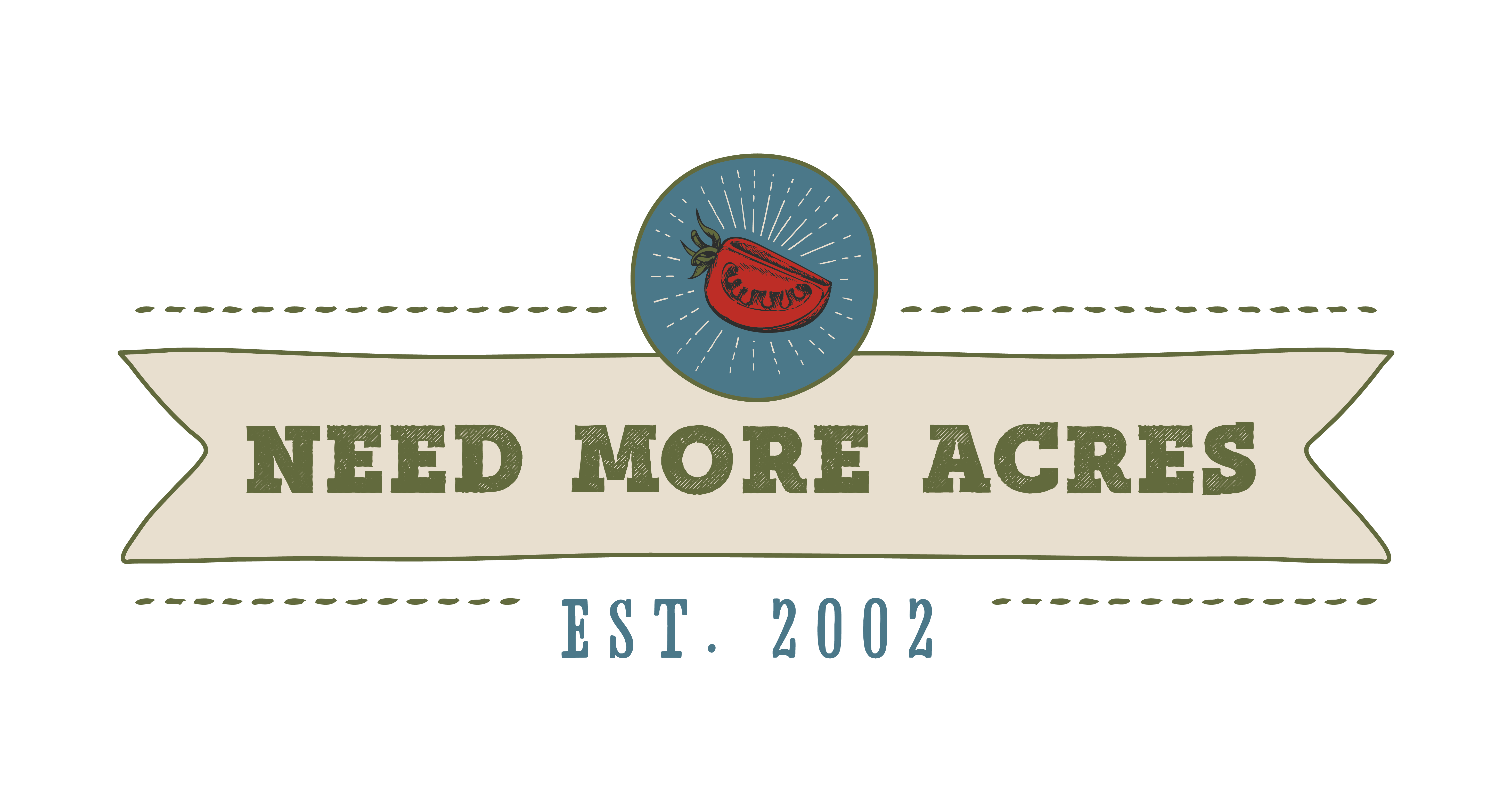1. If you are a vendor at a local farmers market…volunteer! Get there early and help put out signs, establish a market booth and educational programs, offer to help with social media, weekly newsletters and other marketing. I know it’s a lot of work to pick all day Friday, wake up early on Saturday morning and set up your booth, but there’s a lot of work to be done to make a market successful and somebody’s got to do it. Dedicated farmers develop committed volunteers!
2. Sell your products somewhere other than a farmers market. Contact a school or chef and ask them if they want to buy your food products. If you don’t get an answer by phone or email go into the restaurant, but not at lunch time! Make it easy on them. Stop in with some samples of your product and ask if they would be interested in purchasing from you. If they say, “I’d like 10 pounds of tomatoes a week” don’t wait until they remember to call you. Put it on your calendar and stop in at regular times when it’s convenient for them. We’re competing with the convenience of large middle men and it’s up to us to make it work! Selling to local restaurants is a great way to extend sales outside of farmers markets, grow the local food system and create positive energy among consumers. Make the most of the farm to table connection with unique marketing. Huge impact is seen when a farmer shares the product leaving the farm on facebook or twitter, the chef puts your name on the menu and loyal customers excitedly shares a photo of what’s on their plate! It’s worth the extra time to build partnerships.
3. Engage local government agencies, non-profits and organizations. I guarantee you that most professionals working in the previously mentioned fields have seen local food grants, healthy food initiatives, and nutrition programs focusing on obesity, diabetes and cardiovascular disease come across their desks and in their inbox’s. Seek out relational professionals who have the time, ability and passion to work with you on creating change for local food. Think collaboration and negotiation as you work together! If you are a small-scale farmer you’ve probably spent many hours thinking about healthy dirt, lacto-fermentation, real butter and monsanto, but realistically not everyone spends most of their waking hours contemplating these things like we do. Many professionals working in public health or service to food insecure populations have been spending time thinking about a lot of other really important things. Take time to listen to what they have to say. See if there is a project they are working on that you can dedicate your time or fresh product to. Consider partnering on a Food Day or meet your farmer event. Food Day is an excellent collaborative effort among foodies like Michael Pollan & Marion Nestle and government organizations like the USDA and Surgeon General’s office.
4. Think about the next generation. We are in a very unique place in history for Kentucky farms. We’re at the point where everyone is taking notice to how we farm, eat and engage within our communities. One of the most important things we can do is to ditch the corporate business model and embrace transparency, hard work and generosity. Work with the farmers around you (there’s plenty of business for all of us). Invite young farmers (or those thinking about farming) to volunteer on your farm. Offer them some land if you have it. Most importantly, encourage your children to consider farming or food related business opportunities! Find ways to connect with other farmers through the Agriculture Legacy Initiative.
5. Apply for small-scale grants. We know that the large corporations and mega farms get most of the farm subsidies and we’ve been watching what’s happening with the new farm bill. But there is a way that you can make a difference for smaller farms in Kentucky while helping your own operation. Apply for Kentucky Proud marketing funds, the Kentucky State Small-Scale Grant Program and Agriculture Development Funds. Work really hard on writing a successful grant. Get help from KCARD, attend the Kentucky Fruit and Vegetable Conference and ask a farmer who’s received funds from these programs to help you out. Commit yourself to your project, share the success that the funding provides and use it to help others. These small-scale grants will continue to increase if we apply for them, use them and promote them!
6. Get involved in policy change. Become Kentucky Proud and join Community Farm Alliance. Like the idea of HB 391 (Home Processing of Products), but know that as a busy farmer you don’t have time to make salsa during tomato season? Get involved in new policy that makes it more feasible for farmers to increase productivity, meet a growing demand of local food consumers and help create job growth. If you are in the Berea, Louisville or South Central, Kentucky areas contact Community Farm Alliance and consider joining the Food System Assessment projects that are underway. Stay up to date with progressive regional food blogs like Sustainable Kentucky and Savoring Kentucky.
People are people. Collaboration takes hard work. Our food system has done some really crazy things over the last 100 years and we’ve got a long way to go. But as farmers we are strong, courageous and have powerful voices that need to be heard. Things won’t happen the way we want them to overnight, but they won’t happen at all if we don’t get involved and work for it. Have your own ideas on what Kentucky farmers can do to create positive change? Leave a message below letting us know!

